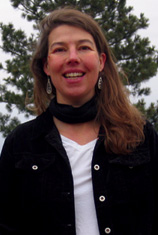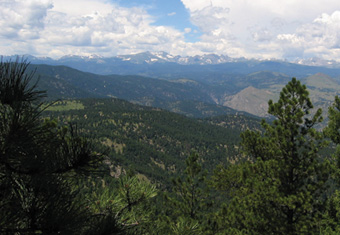

Abstract
The arid mountain West is prone to frequent wildfires and is also one of the fastest-growing regions in the country. Past logging, grazing and fire suppression have altered forest densities and fire behavior in some western forest ecosystems, increasing the chance of stand-replacing fires in places where such behavior was historically absent. In addition, expanding human habitation into wildlands has increased the risk of catastrophic fire affecting people and property. Fuel reduction has become an important forest management tool to restore former fire regimes and mitigate fire severity across the West. However, spatially explicit baseline data on changes in fuels and fire severity as well as patterns of residential development are needed to properly prioritize fire risk mitigation and forest restoration activities. To address this need, this research will link several lines of inquiry in the Colorado Front Range: (1) Forest restoration needs: In which areas and to what extent does the landscape exhibit a significant departure from the historic range variability in fire behavior and stand structure? (2) Fire risk assessment: How has recent exurban growth affected the amount and spatial pattern of fire risk (i.e. expected high-severity fire where people live)? (3) Scenarios: How may different fuels management and land-use scenarios reduce fire risk across the landscape, while restoring or maintaining ecological integrity? The effect of climate extremes on fire behavior across the wildland-urban interface will also be investigated in evaluating the efficacy of different fuels treatment options. Lastly, I will explore trade-offs among policy scenarios with residents, planners and resource managers via a workshop and field trip.
